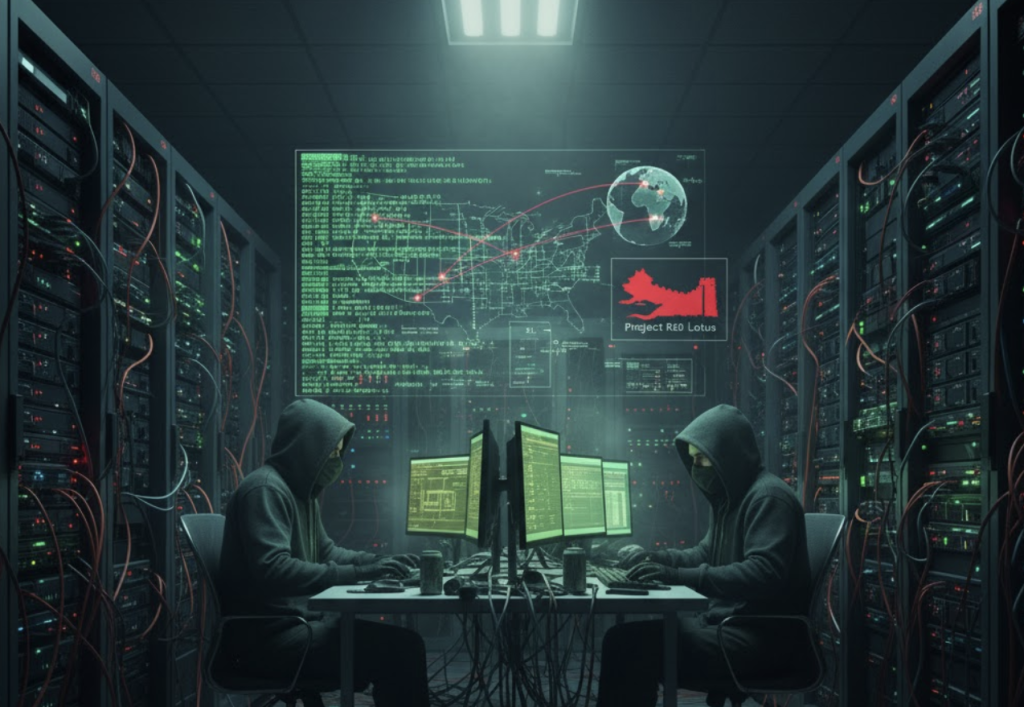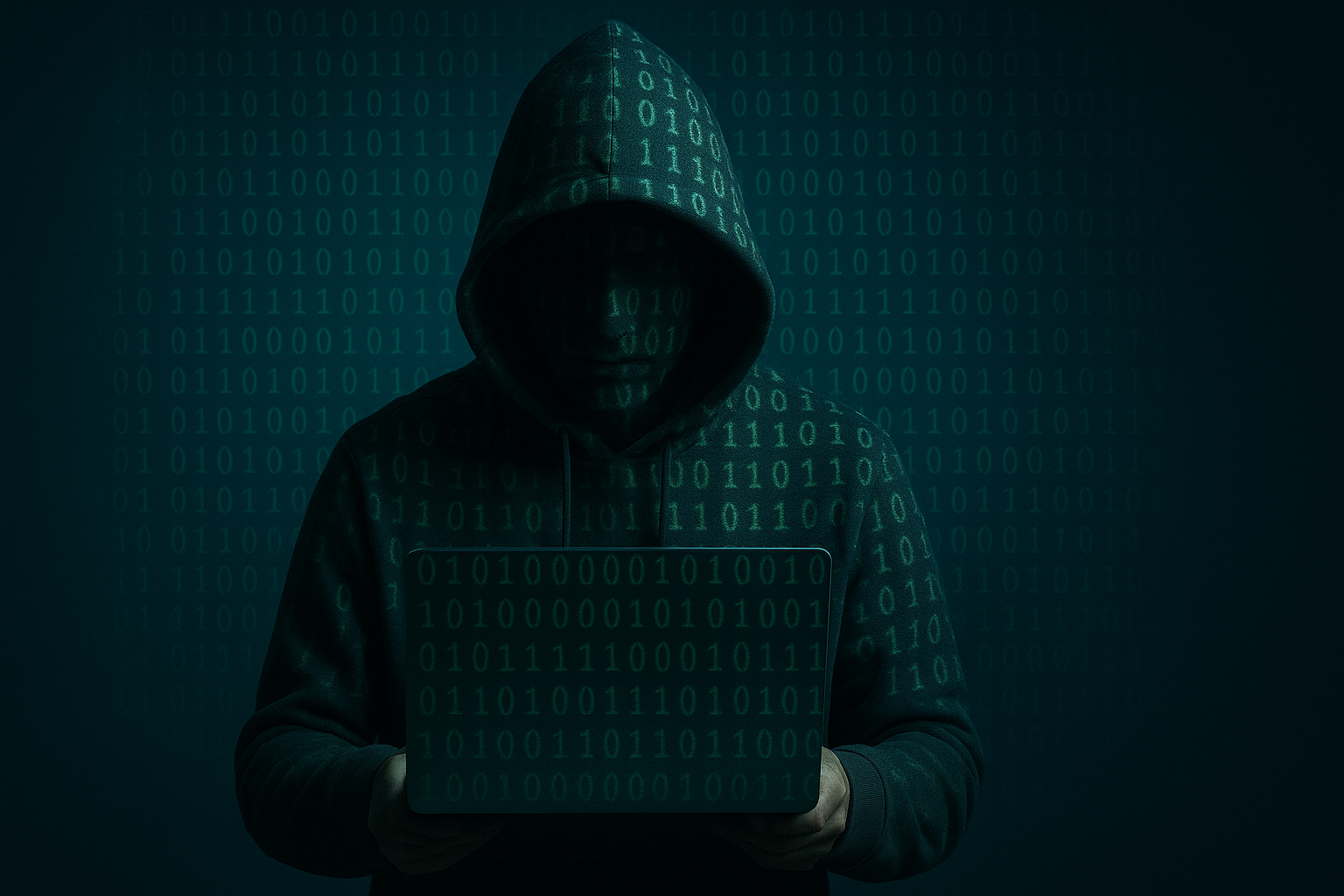
Recently, it was confirmed by United States news organizations that a cyber attack had been launched on the Congressional Budget Office. Chinese hackers had gained entry into the Congressional Budget Office, which could have enabled them to view budget analyses as well as messages exchanged between officials.
Introduction
Recently, mainstream news organizations have confirmed a cyber attack on the U.S. Congressional Budget Office. A news report from Reuters cited officials from the CBO as saying, “The incident has been identified, and steps have been taken to contain it. Additional network checks have been implemented as a result of the incident.” Our systems are secure.” Even so, officials are concerned about what data has potentially been uncovered. According to news releases, sources have indicated the hackers have had the chance to view “the CBO’s internal messages, chat conversations, communications between the CBO analysts, as well as messages from congressional offices.” This kind of data provides foreign nations insight into future legislation being proposed in America.
Discovery and Containment
Numerous sources have indicated that CBO officials noticed abnormal networking traffic days before making a public announcement about the breach. In this regard, the organization took immediate steps to sequester affected systems as well as increase security operations. During public announcements, officials from the CBO were quoted as saying, “The CBO has identified the security incident, has taken immediate action to contain it, is working to restore operations, and has implemented additional monitoring and new security controls.” The CBO further indicated, “The work of the Congress continues despite this ongoing investigation.” Congressional offices took measures to halt all communications via email to the CBO, albeit as a measure of precaution.
Potential Impact and Data at Risk
Security analysts have noted that, in the event of a breach, very valuable information could have been stolen from the CBO. The CBO provides cost scores for all congressional bills. In addition, the CBO oversees huge amounts of data on a variety of issues, such as immigration reform, trade, and taxes. The analysts oversee huge amounts of data.
For instance, a report from the CBO recently estimated a huge spending measure would contribute trillions to the nation’s debt. These amounts influenced the discussion on the measure in Congress. A preview of this report by an adversary could have utilized the information available in markets or bilateral talks. Thus, the unclassified economic models available at the CBO could affect global choices even prior to a finalization of US policies.

Why the CBO Is a Target
The CBO is a very high-value target. It is located at the very center of Congress’s budgetary process, delivering unbiased economic projections, as well as cost estimates. The hack of the CBO could be considered spying on Congress’s play. Security researchers have particularly indicated that a malicious individual within the CBO network would essentially be able to view Congress’s resource allocation strategy even before it is released. It means, therefore, a foreign entity could change its own strategy based on US intentions.
For instance, a CBO study of a proposal concerning taxes and spending showed it would mean a large increase in the budget deficit. This kind of information would have been available to hackers as a result of a leaked draft, which could have been utilized in multiple ways.
- Role: The CBO prepares non-partisan cost estimates & budget projections for all kinds of congressional proposals.
- Data Assets: It keeps huge amounts of data on matters such as immigration, trade, and taxes.
- Strategic Insight: It has been observed that a malicious member of the CBO could “predict sanctions and military spending levels, as well as changes in economic policies, before they are announced.”
In summary, these elements make the CBO a particularly tempting target for spying.
Suspected Attackers and Patterns
Who is responsible for the hack? The CBO has not attributed the attack to a culprit, although it has been reported in several news outlets that it is a state-sponsored attack. The news outlet CNN quoted U.S. officials as saying they believed Chinese government hackers were responsible for the attack. The Chinese embassy responded promptly to this accusation, saying it “strictly combats all forms of cyber attacks”.
In recent years, Chinese and Russian actors have increasingly attacked civilian and legislative networks. For example, in 2024, prosecutors in the U.S. indicted a Chinese hacking ring for breaking into numerous federal agencies, including the Treasury. The hacking ring’s intention was to steal economic and policy information. Similarly, it is presumed that the breach on the CBO has primarily been conducted for intelligence purposes, rather than disruption purposes. In fact, it has been highlighted that a foreign spy within the CBO would have an edge on decisions from the United States, essentially having a “preview” of America’s fiscal policies.
Government Cybersecurity Challenges
This incident also exposes broader security gaps. It occurred during a prolonged federal shutdown, when agencies like CISA were furloughing staff. CNN reported that at the shutdown’s start, CISA planned to furlough roughly two-thirds of its 2,540 employees. CISA had even issued an emergency order in September for agencies to defend against these campaigns. In other words, the attack struck when defenses were stretched thin.
Nevertheless, Congress responded immediately. In practice, routine correspondence became a potential threat vector.
Importantly, The Washington Post reported that investigators feared the hackers had accessed the CBO’s internal chat logs and staff discussions. In short, the breach made every communication a potential attack surface, requiring constant vigilance.
Technical Insights: Possible Entry Point
The exact entry point is still under investigation, but one clue has emerged. Beaumont observed that the firewall remained unpatched even when the shutdown began in October. After the breach became public, he reported that the CBO took that firewall offline for analysis.
In any case, this episode underscores the importance of basic cyber hygiene. Federal IT teams are likely auditing all legacy systems and software across government. Even amid the shutdown, keeping software up to date and properly configured has become a top priority.
Conclusion: When Detection Isn’t Enough
The CBO breach is a stark reminder that even the most fortified institutions can be blindsided when their defenses depend on detection after an intrusion. Modern attackers don’t wait they quietly exploit trusted systems and human lapses, often gaining weeks of invisible access.
Traditional endpoint tools were built to react after compromise. But today’s reality demands real-time Kernel-Level API Virtualization providing instant isolation technology that stops unknown files before they can ever touch critical systems or data.
That’s where Xcitium’s Advanced Endpoint Detection & Response (EDR) redefines security. It allows unknown processes to run safely — but only within a secure, virtual layer that completely shields the real system.
The outcome: zero dwell time, zero damage, zero compromise.
While others are still trying to detect, you’re already protected.
In an age where milliseconds define resilience, Xcitium’s Advanced EDR keeps your organization ahead — virtualizing, isolating, and defeating threats before they strike.




